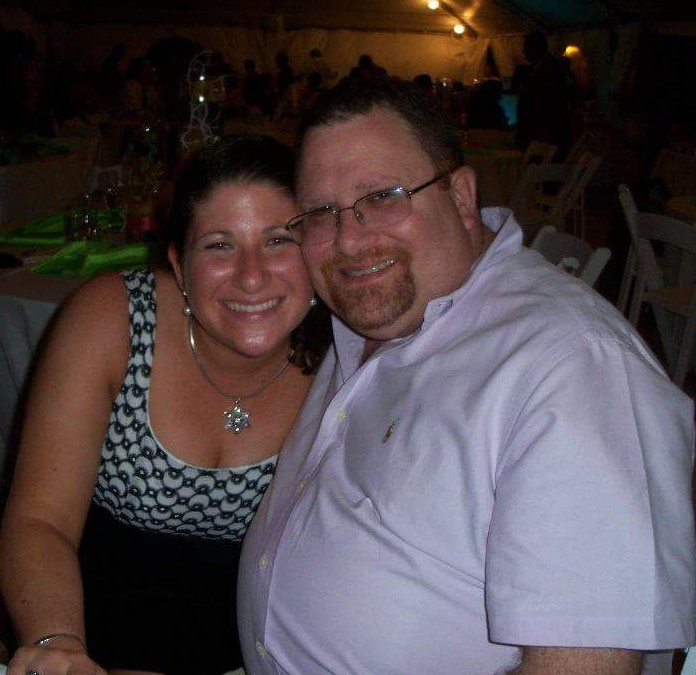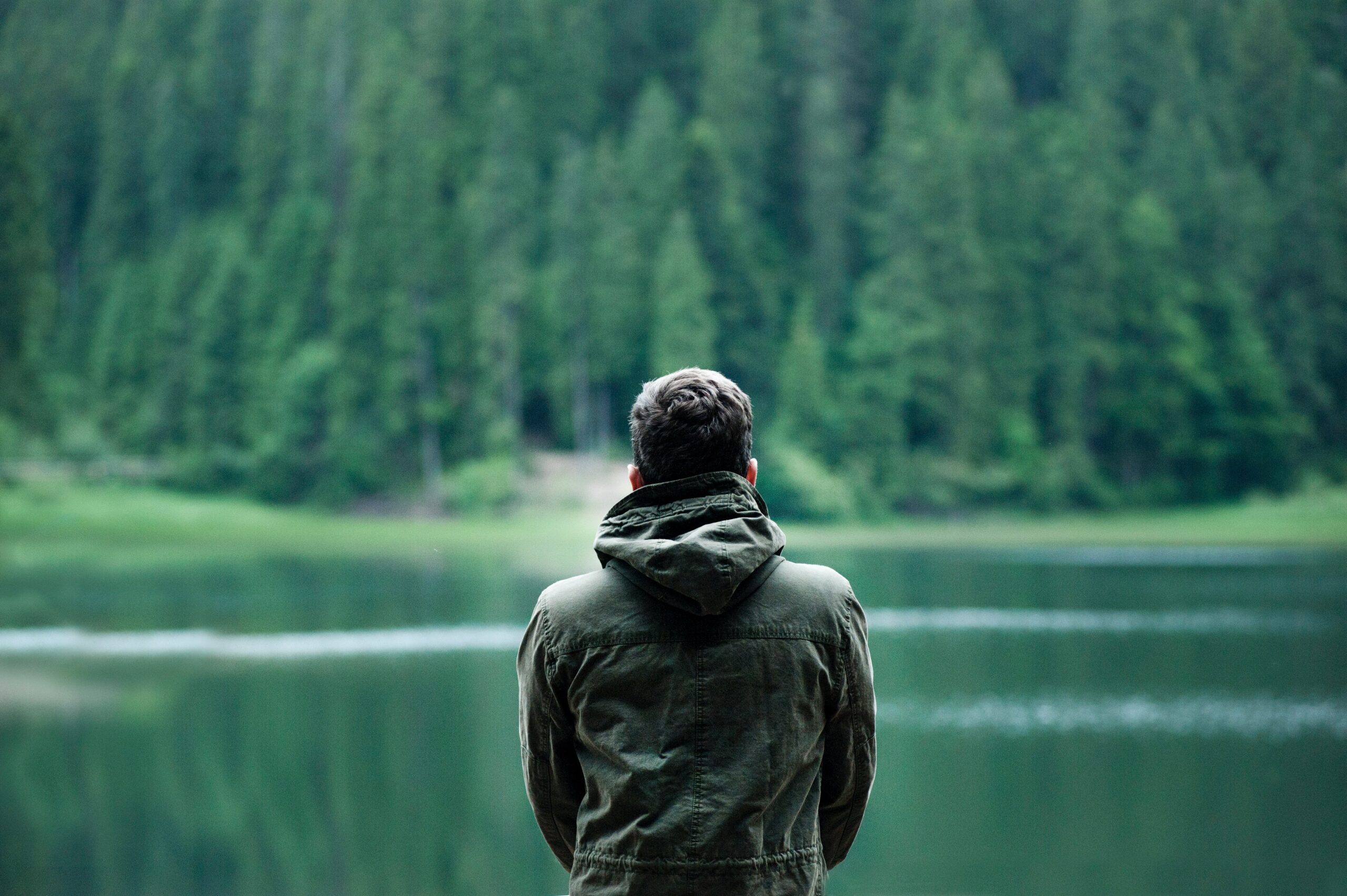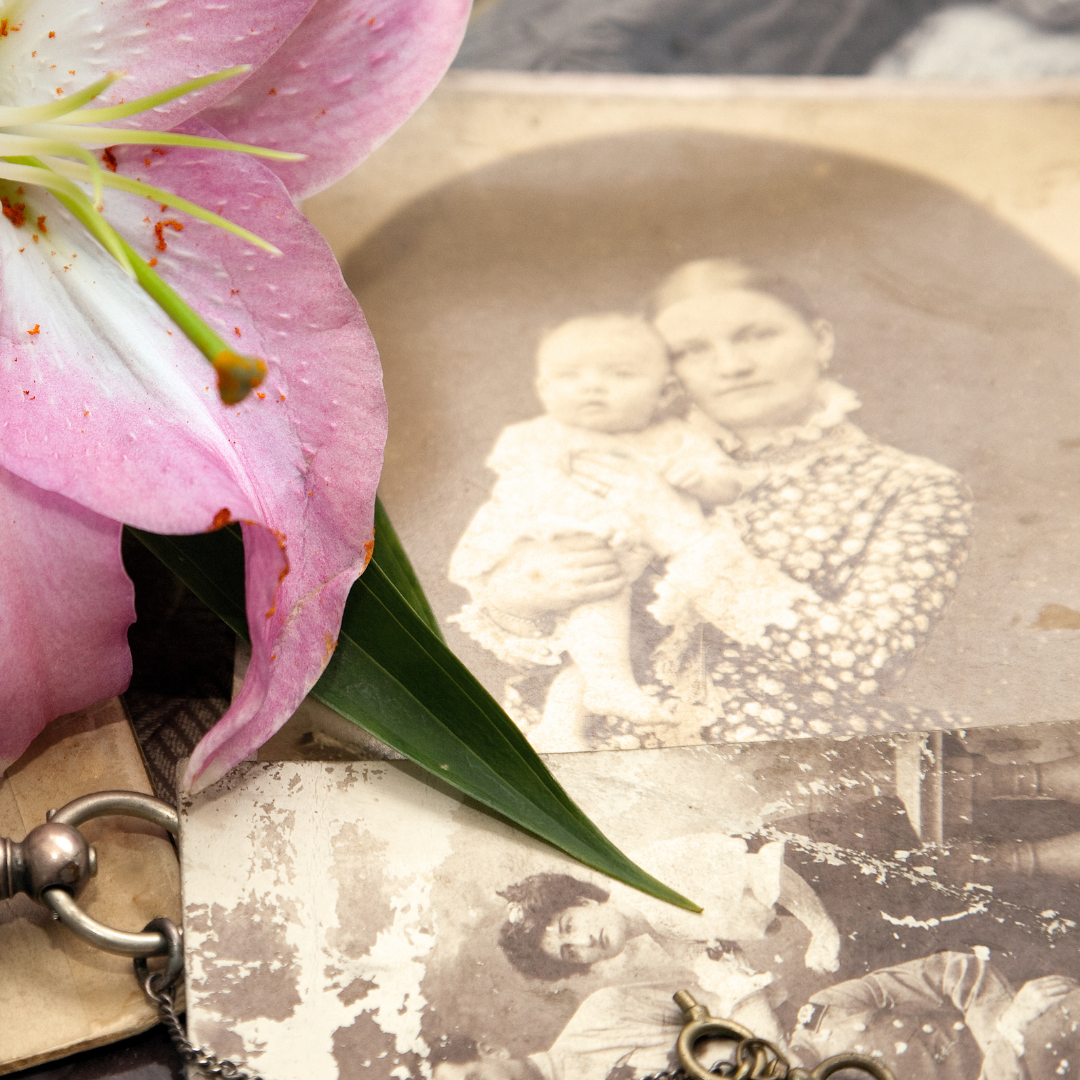In Judaism, when a parent, sibling, child, or spouse dies, you are supposed to say the Mourner’s Kaddish for them every day for a year. When my dad died, I could not bring myself to do it, even though I know it would have been important for him. I could not do it because I’m a rabbi at a congregation which doesn’t have a daily minyan or service. Okay, fine, I could have gone to another congregation, but I did not want to. I already felt like I was defined by my dad’s death as he died just a few weeks before my first High Holy Days as a rabbi.
So, I changed the ritual to fit me and what I needed. Every day for 365 days from the day of his funeral to one year later, I shared a picture of him on social media with a caption describing it.
I spent a lot of time searching, scanning, editing, and digitally filing pictures of my dad. Ones of just him. Ones of him and my mom. Ones of him and me. Ones of him and my brother. Ones of the four of us. Ones of him with his family. Ones of him with my mom’s family. The list goes on and on.
As I figured out which ones to post, I coordinated them with things going on. In September, they were pictures of me and him since it was around my birthday. I did that for every family member’s birthday. My mom, my brother and I got weeks of them. When it was around Hanukkah, I put up pictures of us lighting the hanukkiah throughout my childhood.
For me, I may not have been saying the prayer, but this was my 5-10 minutes to stop what I was doing and consciously think about my dad and memories. Some days made me cry. Some days made me laugh. Every day made me smile.
People were paying attention and went through their own photos and found ones of him for me to use. I was given ones I had never seen before that gave me more insight into him as a cousin, as a teacher, as a school administrator, as my dad. It confirmed to me how rich my dad’s life was with people who loved him.
It is not the typical to do this practice and I am sure there are Jews who would scoff at my redefining my practice – especially as a rabbi – but the important thing is that I took time out each day to think of my dad – memories, attributes, connections. I feel strongly that remembering the dead can be whatever you want it to be if it works for you.
Photo: Rabbi Yergin with her father, Tod Tecktiel












